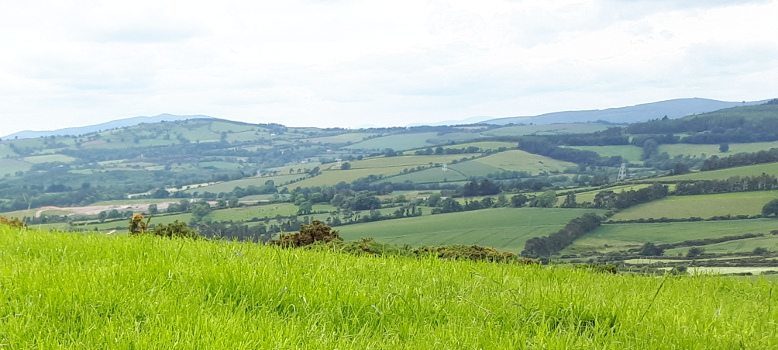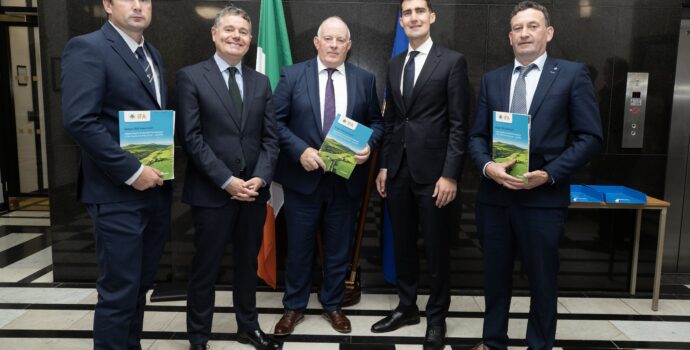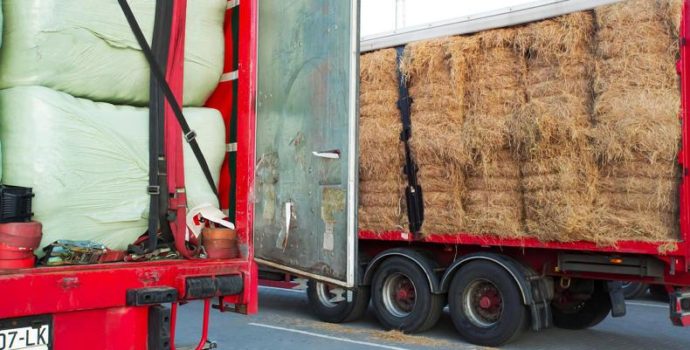Agriculture Allocation Down Despite Budget ’24 Increase

Reacting to today’s Budget, IFA President Tim Cullinan said the budget of the Department of Agriculture, Food and the Marine (DAFM) is reduced from €2.14bn to €1.94bn, a 10% reduction.
It is a long way short of what is required to bolster a sector which is struggling with high input costs, lower commodity prices and unfavourable weather for many sectors.
“Farmers will see little or no ambition in this Budget and will be frustrated to see the farming budget reduced while other Department’s budgets have been increased,” he said.
“Separate from the Agriculture budget, the headline ‘climate and nature fund’ also has little or no detail. Farmers will be concerned about what will be required of them to access any of this fund. Ultimately, farmers want to farm and have a viable enterprise that they can pass onto the next generation. Furthermore, farmers are yet to receive payments under a number of schemes announced in last year’s Budget,” he said.
IFA had put forward a range of proposals to deal with specific issues around funding for the livestock, sheep, tillage and horticulture sectors.
“The Dept could have used the Brexit Adjustment Reserve to offset the impact of Brexit on our sector, yet this wasn’t done. Those farmers who are facing the consequences of trade deals will be very disappointed. It looks like this funding will be going back to Brussels, which is a huge political failure,” he said.
“The increase expected for sheep farmers does acknowledge the difficulties they are experiencing, and is an important step, subject to the conditions being workable. However, €30/ewe has to be the target if we are to have a sustainable sheep sector,” he said.
“The Minister has added to the tillage support from the EU Reserve announced last week, but very significant challenges remain,” he said.
Meanwhile, funding for the suckler sector seems to be less than what was allocated last year and needs further clarification.
The IFA President acknowledged the move by the Minister for Finance Michael McGrath to keep in place the various reliefs that are so important for the viability and renewal of the sector.
“It has been outlined that the land leasing changes are designed to target this relief more towards farmers. However, we would be concerned about potential unintended consequences specifically surrounding inheritance. The detail around this will be very important,” he said.
“The further reduction in the flat rate VAT refund from 5% to 4.8% will negatively impact incomes,” he said.
“The Minister has recognised the difficulties posed by the Residential Zoned Land Tax by further deferring it, but the next 12 months has to see serious engagement to remove genuine farmers from this penal tax,” he concluded.




